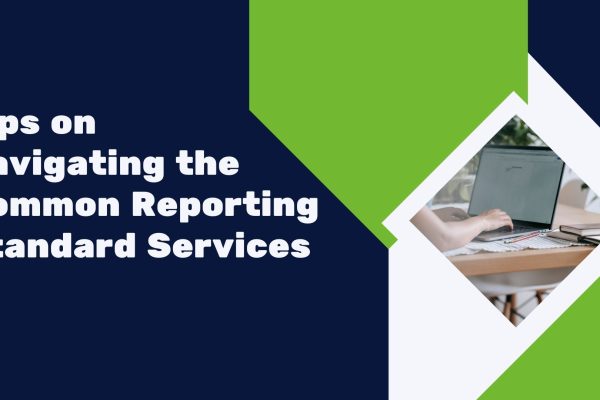Mastering Payroll Management: Essential Tips for Small Business Owners and Entrepreneurs
Mastering Payroll Management: Essential Tips for Small Business Owners and Entrepreneurs
Introduction Payroll management is one of the most crucial yet often overlooked aspects of running a successful small business. For many entrepreneurs, the complexities of payroll can lead to stress, costly mistakes, and inefficiencies that hinder growth. But it doesn’t have to be this way. With the right strategies, tools, and knowledge, payroll can transform from a burden into a seamless process that supports your business’s productivity and employee satisfaction.
In this article, we’ll delve into practical payroll management tips tailored for small business owners and entrepreneurs, ensuring your payroll process is efficient, compliant, and cost-effective.

1. Embrace Automation for Efficiency Gone are the days when payroll was managed manually with spreadsheets or paper ledgers. Automating payroll tasks with cloud-based payroll software can revolutionize your business operations. Automation reduces human error, ensures timely payments, and minimizes the administrative workload. Tools like Gusto, QuickBooks, and ADP are popular among small business owners for their user-friendly interfaces and robust features.
Example: A small bakery owner who adopted a cloud-based payroll solution reported saving up to 10 hours a month previously spent on payroll processing, allowing more time to focus on expanding their product line.
2. Stay Compliant with Regulations Payroll regulations can vary by state, region, and country, making compliance a tricky task. However, staying compliant is non-negotiable. Non-compliance can lead to penalties, audits, and damage to your business’s reputation.
To stay compliant, regularly update your knowledge of payroll laws, such as minimum wage adjustments, tax filing deadlines, and new labor regulations. Consider hiring a payroll expert or outsourcing to a payroll service provider if managing compliance internally becomes overwhelming.
3. Maintain Accurate Records Maintaining accurate records is not only a legal requirement but also a best practice that simplifies audits and reviews. Ensure you keep detailed records of employee hours, wages, deductions, and tax filings. Digitizing these records makes them more accessible and easier to organize.
Tip: Invest in a time-tracking system that integrates with your payroll software to streamline this process.
4. Simplify Payment Methods Offering direct deposit as your primary payment method can streamline payroll processing and improve employee satisfaction. Direct deposit eliminates the need for printing checks, reduces paperwork, and ensures employees receive their pay promptly.

Example: A tech startup that switched from check payments to direct deposit saw a significant boost in employee morale and reported fewer payment delays.
5. Seek Employee Feedback Your employees are on the receiving end of your payroll process, so their feedback is invaluable. Regularly ask them about their payroll experience and address any issues that arise. This proactive approach not only helps resolve problems but also fosters trust and satisfaction.
Tip: Consider an anonymous feedback system to encourage honest input from employees.
Effective payroll management is not just about paying your employees on time; it’s about ensuring compliance, enhancing productivity, and maintaining a positive work environment. By embracing automation, staying compliant, keeping accurate records, simplifying payment methods, and seeking employee feedback, small business owners can transform payroll from a challenge into an asset that supports growth and satisfaction.
Investing time and resources into refining your payroll process will pay off in the long run, positioning your business for greater success. So, take these tips, implement them, and watch as payroll becomes a streamlined part of your business strategy—empowering you to focus on what matters most: growing your business.










